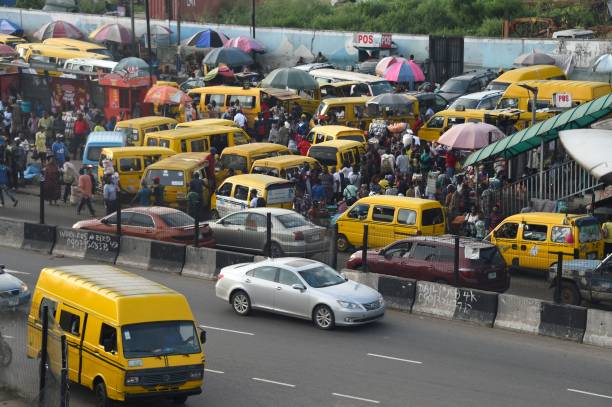Lagos, Nigeria’s bustling economic heartbeat, has long been a magnet for people chasing dreams and opportunity. Yet, in recent years, a notable shift is happening. More Nigerians are moving away from the crowded city centre and heading to what we now call “satellite towns” — places like Lekki, Ibeju-Lekki, Badagry, and Epe. These towns, once quiet outskirts, are growing fast. But is this migration a simple escape from Lagos’s challenges, or does it bring a fresh set of problems?
For many, satellite towns represent hope. The traffic jams, sky-high rents, and constant noise of Lagos push residents to seek peace, space, and more affordable living. New housing estates, shopping malls, and business hubs are cropping up, promising a better quality of life. The government and private investors have recognised this trend, pumping money into roads, schools, and health facilities to support the influx.
But beneath this growth lies a more complex picture. Rapid urbanisation in satellite towns can strain local infrastructure. Roads that once handled light traffic are now clogged during rush hour. Electricity supply and water services struggle to keep up with demand. In some areas, waste management remains poor, risking public health and the environment. Furthermore, many newcomers commute daily to Lagos for work, meaning long hours stuck in traffic remain a daily reality.
There is also the social challenge. As people from diverse backgrounds flood these towns, community tensions and rising crime rates have occasionally been reported. Local authorities must work hard to create inclusive environments that foster harmony and security.
The real question, then, is how we manage this growth. Satellite towns can no longer be afterthoughts or mere extensions of Lagos. They must develop their own economic opportunities, so residents can live and work locally. Improved transport links, reliable utilities, and effective urban planning are critical.
In the end, the rise of satellite towns shows Nigerians’ desire for a better life beyond Lagos’s hustle. But this new chapter will only succeed if planners and policymakers tackle the new challenges head-on — balancing growth with quality of life, opportunity, and sustainability.
The satellite towns are not just an escape route. They are Nigeria’s next frontier. How well we handle their growth will shape the country’s future for decades to come.




